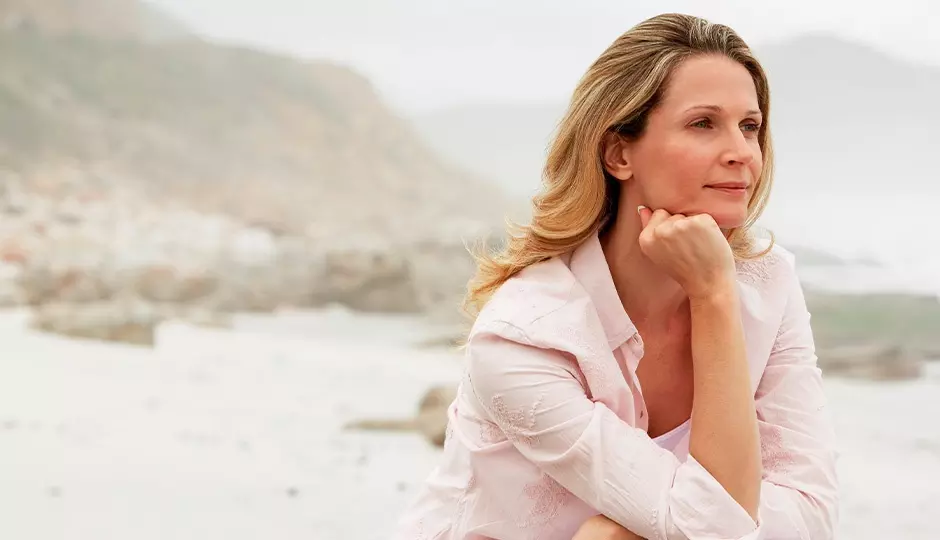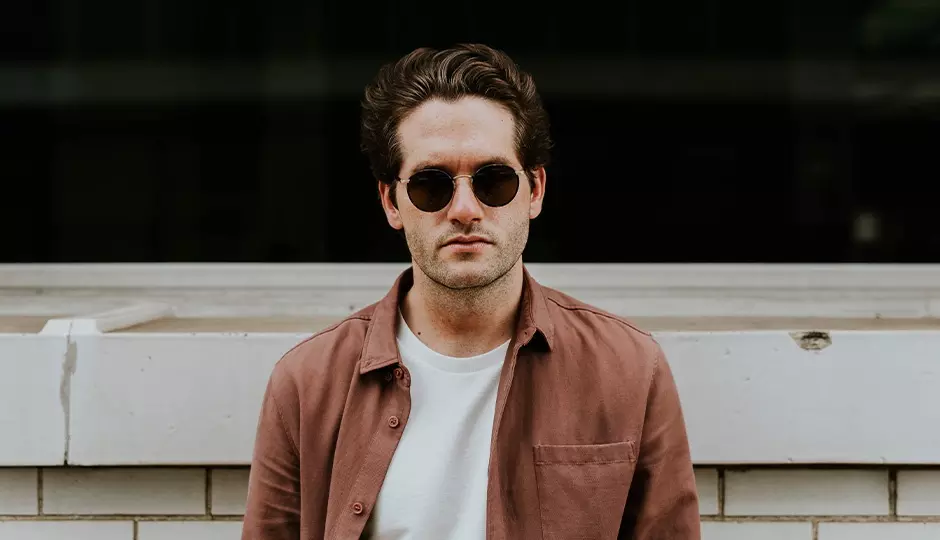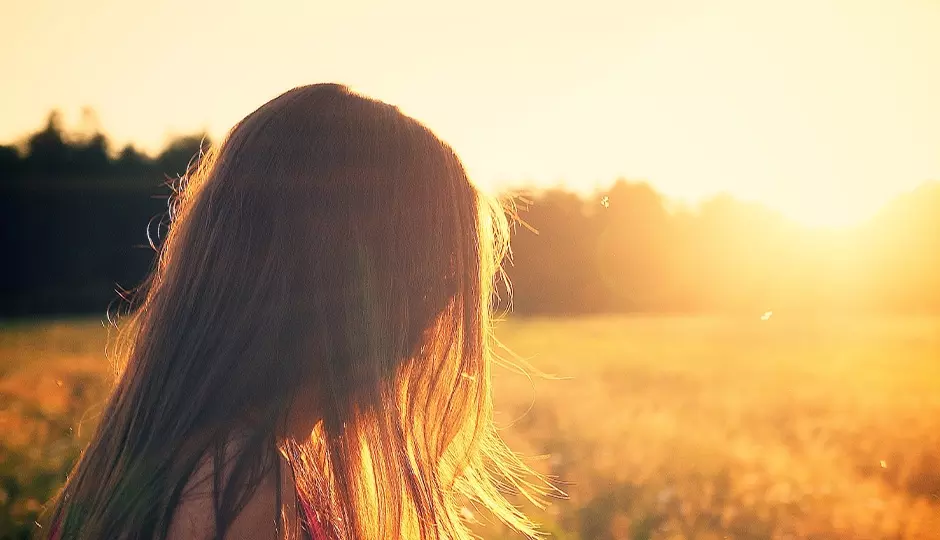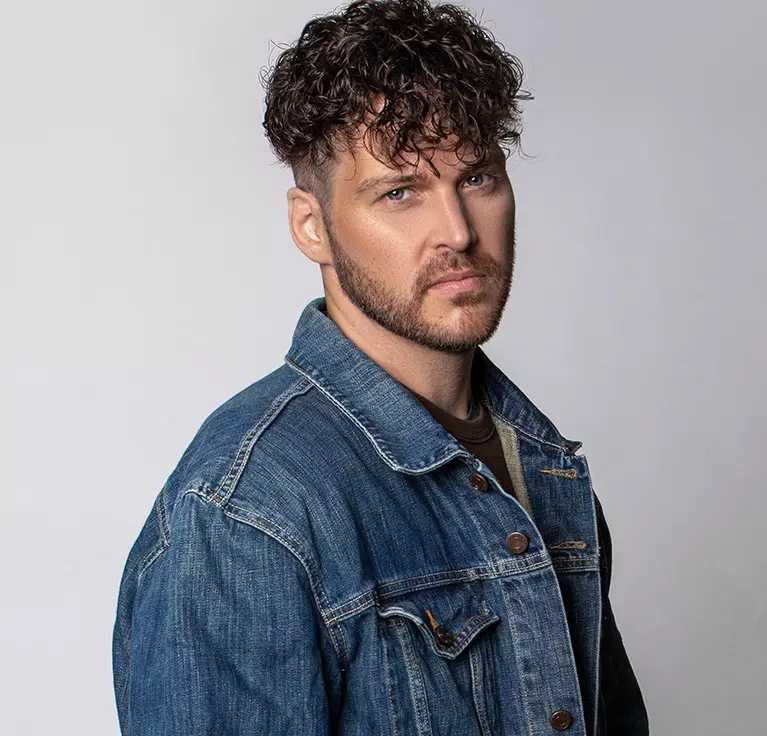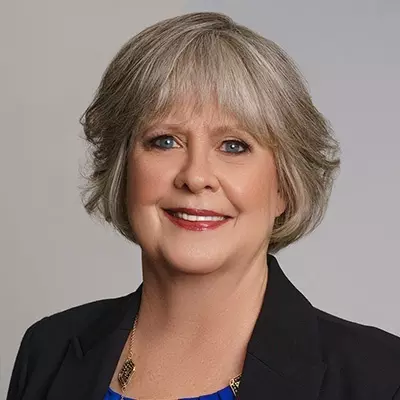For many women, hair is an essential part of who they are and how the world perceives them. Our hair is an extension of our personality and helps to project the image we desire. Thinning hair and hair loss can be challenging to deal with emotionally, making us feel less feminine and attractive, causing us to feel less in control, and negatively impacting our self-esteem.
What is Menopause?
Menopause is a natural biological process that all women experience. The transition typically begins between 45 and 55 years of age and usually lasts around seven years, but sometimes can last as long as 14 years. Menopause can also be triggered by a hysterectomy or surgical removal of the ovaries, which produce hormones. Women who have their ovaries surgically removed and do not take replacement hormones experience symptoms and the onset of menopause immediately.
While most women go through menopause around the age of 50, many begin to experience symptoms in the months, and even years, leading up to the transition. The menopausal transition, and menopause, affect every woman differently. Menopause causes the body to go through numerous physical changes due to fluctuating hormone levels, especially the body's production of estrogen and progesterone.
Menopause often causes women to experience unpleasant symptoms such as weight gain, mood swings, insomnia, hot flashes, and, in some women, thinning hair and hair loss. While hair loss during menopause may be startling, it is not a sign of a medical condition, and there are treatment options available.
Menopause and Hair Loss
Hair loss in women tends to be more subtle than in men. Men dealing with hair loss typically experience a receding hairline and noticeable bald spots on the top of the head. In women, hair loss due to menopause usually begins with the overall thinning of the hair. The thinning may occur on the front, sides, or top of the head, with the first sign often being thinning along the part. As the issue progresses, you may notice clumps of hair falling out when brushing or washing your hair.
During menopause, many women notice that the volume and condition of their hair changes, with hair growing less and not being as thick and lush as before. A complete loss of hair, such as that experienced by men who go bald, is rare and usually caused by a medical condition or medical treatment.
What Can You Do If You Are Experiencing Hair Loss?
If you are experiencing symptoms commonly associated with menopause, it may be an excellent time to consult your primary care physician to ensure that a medical condition is not causing your symptoms. If you are indeed experiencing menopause, there are things you can do to alleviate the effects of hormonal imbalances.
Exercise is an excellent way to reduce stress, anxiety, depression, and mood swings. Regular exercise is a critical component to maintaining overall physical and mental health. While you may not feel up to running a marathon or hanging out at the gym, taking a walk, gardening, and other forms of light exercise are incredibly beneficial. Yoga, meditation, and other breathing relaxation methods are also very effective at fighting menopausal symptoms. Exercise, even in moderation, helps to maintain hormonal balance, which promotes healthy hair growth.
Schedule Your Free Consultation With Mane Image
Menopause is a natural process that all women experience, and while thinning hair and hair loss is a common symptom, it doesn't have to be permanent, and there are treatment options. At Mane Image, our team of experts can you with your thinning hair or hair loss and recommend treatment solutions that can restore the health of your scalp and hair.
Our staff understands how important your hair is to you and has the knowledge and training to help you find the solution you desire. To learn more about how our team can help you with thinning hair and hair loss, and restoring your natural beauty, contact us today and schedule your FREE initial consultation.

